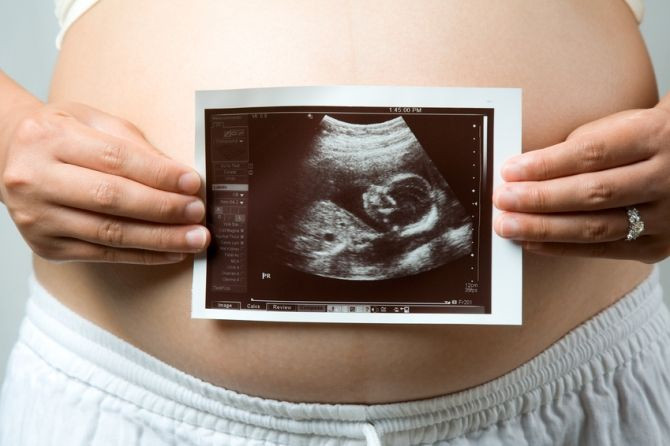First Successful Womb Transplant Lets Woman Have Baby

Derya Sert made history in 2011 when she became the first woman to have a successful womb transplant. Now she's made double medical miracle by falling pregnant-possibly paving a way for other women having trouble conceiving.
The 22-year-old Turkish housewife is now 2 weeks pregnant after receiving her In Vitro Fertilization, or IVF, treatment with her own eggs and husband's sperm at the Akdeniz University Hospital in Antalya, nearly 18 months after the transplant.
"Two weeks after we implanted Mrs. Sert with a fertilized embryo, test results are consistent with early pregnancy," Chief Physician Mustafa Ünal at Akdeniz Hospital, said in a statement. "The patient's health is good. We will continue to announce any further developments."
Last year, news broke when Swedish doctors transplanted a mother's uterus into her daughter.
These types of transplants are only temporary. Following a successful pregnancy the woman would have to remove the uterus to avoid future complications because the body considers it foreign, risking infections.
For instance the first woman who received a uterus transplant in 2000 from a living donor in Saudi Arabia formed blood clots 99 days later, forcing doctors to remove it.
Sert is one of the 5,000 women are born without a womb. Some women have to undergo hysterectomy after being diagnosed with uterine endometrial cancer, which experts estimate will be diagnosed to more than 49,000 women in the United States.
According to the Centers for Disease Control and Prevention, nearly 7.3 million Americans are infertile and the stress that comes with this condition takes an emotional and physical toll on health. Fertility drugs, artificial insemination and surrogacy are among the measures couples take to conceive a child.
Doctors said they will continue to monitor Sert and the baby very closely.
"The surgery was a success," Omer Ozkan, head surgeon, told RT News, "but we will be successful when she has her baby. For now, we are happy that the tissue is living."



























